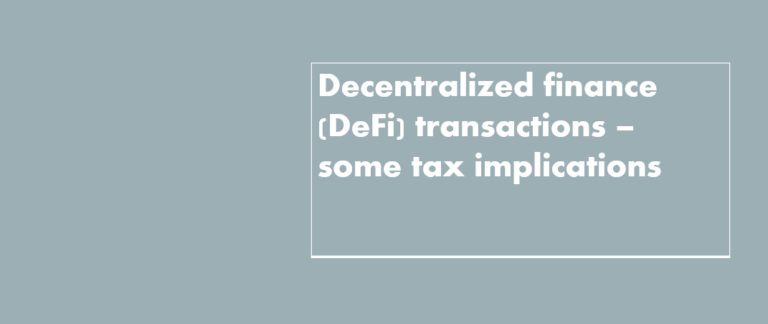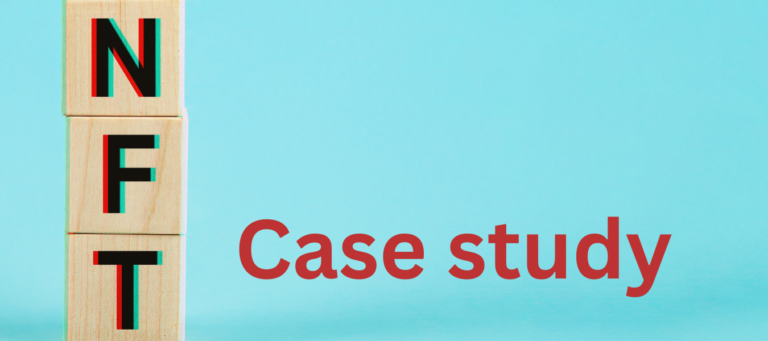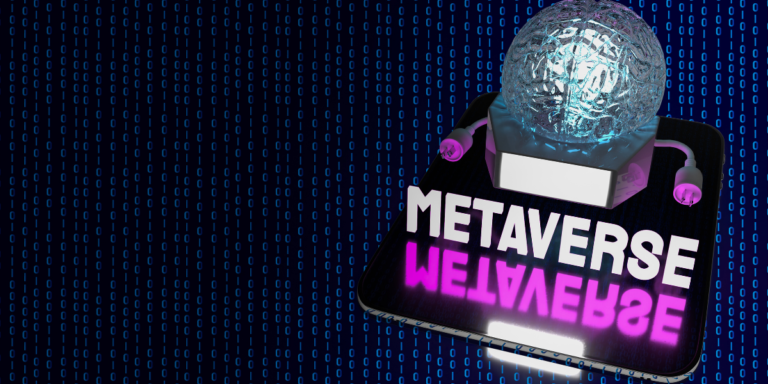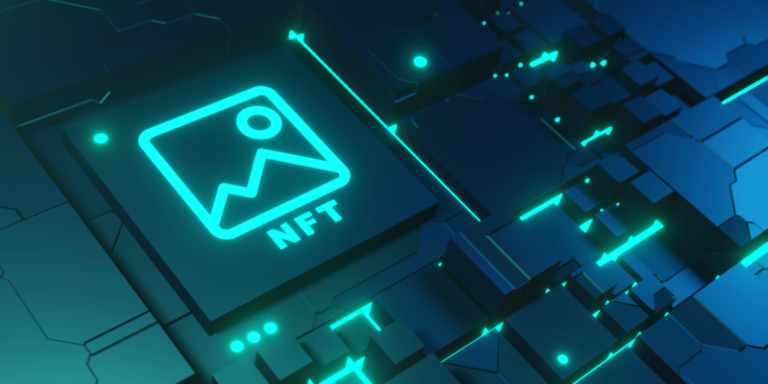Introduction
Decentralized Autonomous Organizations (DAOs) represent a new frontier in organizational governance. Essentially, DAOs are blockchain-based entities controlled by smart contracts and governed collectively by their members, rather than a central authority. In a DAO, decision-making processes are executed through code, known as smart contracts. These contracts are automatic, self-executing, and only require initial input from members. This innovative structure allows for a level of transparency and efficiency previously unattainable in traditional organizations.
Decentralized Autonomous Organizations (DAOs) present unique legal, tax, and financial considerations due to their decentralized nature and reliance on blockchain technology. Some general considerations to keep in mind are discussed in the next paragraphs:
Understanding the Legal Aspect of DAOs
Being decentralized, they aren’t owned or operated by any one entity, and this can lead to challenges in assigning liability or ensuring compliance with laws and regulations.
Legal Considerations:
a. Jurisdiction: Determining the legal jurisdiction in which the DAO operates, as this will impact the applicable laws and regulations.
b. Legal Structure: Assessing the most suitable legal structure for the DAO, such as a corporation, partnership, or cooperative, based on the jurisdiction’s legal framework.
c. Governance Framework: Establishing clear governance mechanisms within the DAO, including bylaws or smart contracts, to define decision-making processes, member rights, and dispute resolution procedures.
d. Compliance: Understanding and complying with relevant laws and regulations, such as securities, anti-money laundering, data protection, and consumer protection laws
Some legal models are being considered to mitigate the challenges faced by DAOs. For instance, “wrapped” or “anchored” DAOs, where the DAO is linked to a legally recognized entity, could potentially offer a solution.
Understanding the Tax Aspect of DAOs
Tax law is another area where DAOs face potential legal challenges. Since members usually receive rewards in the form of tokens, these earnings could be subject to income tax. Furthermore, the trading or selling of these tokens could trigger capital gains tax. However, how tax laws apply to DAOs varies significantly from one jurisdiction to another.
Tax Considerations:
a. Tax Jurisdiction: Determine the tax jurisdiction(s) in which the DAO and its participants may be subject to taxation. The tax treatment of DAOs can vary significantly depending on the jurisdiction.
b. Tax Classification: Clarify the tax classification of the DAO, whether it is treated as a partnership, corporation, or other entity for tax purposes.
c. Token Taxation: Consider the tax implications of token issuance, trading, and use within the DAO, such as income or capital gains tax.
d. Withholding and Reporting: Understand any requirements for withholding taxes, reporting obligations, or tax registrations that may apply to the DAO.
Understanding the Financial Aspects of DAOs
DAOs function without a central authority, and all decisions including financial matters are determined by a majority vote of members, usually token holders. Revenue generation for DAOs can come from various sources, including project profits, membership fees, or token sales. Each revenue stream might have its own financial considerations and potential risks.
Financial Considerations:
a. Funding and Capital Structure: Determining how the DAO will raise funds and manage its capital structure, including the issuance and distribution of tokens, and the acceptance of external investments. DAOs often start with a funding phase, where potential members purchase tokens to raise capital for the organization.
b. Asset Management: Developing strategies for managing the DAO’s assets, including custody of funds, security measures, and risk management practices.
c. Financial Reporting: Establishing proper accounting and financial reporting practices to ensure transparency and compliance with applicable regulations.
d. Audits and Reviews: Considering conducting regular audits or reviews of the DAO’s financial activities to maintain accountability and provide assurance to stakeholders.
It’s important to note that the legal, tax, and financial considerations surrounding DAOs are still evolving, and regulatory frameworks are being developed to address their unique characteristics.







